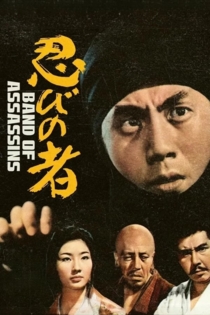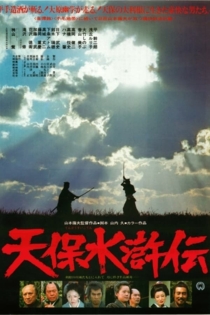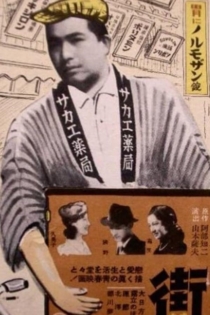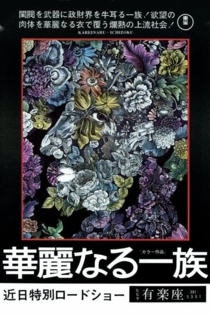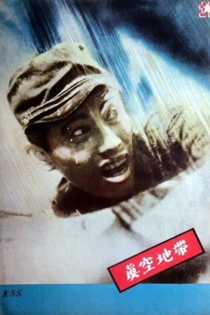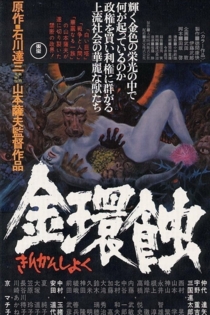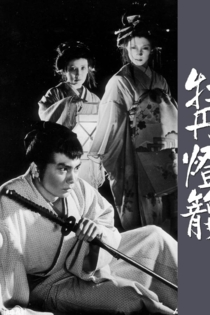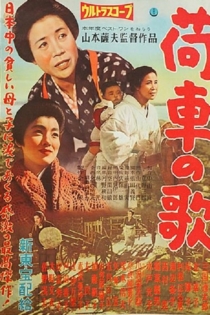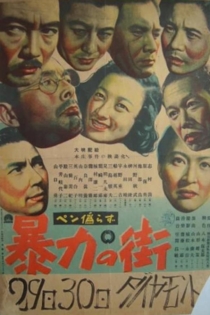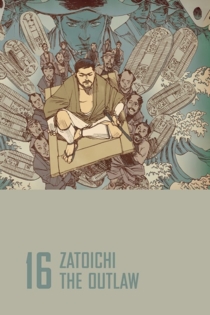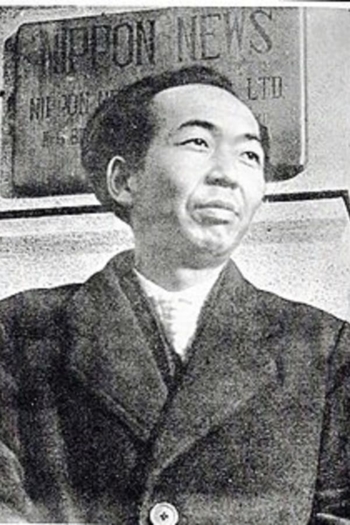
Satsuo Yamamoto
1910 - 1983Satsuo Yamamoto (July 15, 1910 - August 11, 1983) was a Japanese film director.
Yamamoto was born in Kagoshima Prefecture on July 15, 1910. He dropped out of Waseda University to join Shochiku, where he worked as an assistant director to Mikio Naruse and others. He followed Naruse when he moved to PCL, and became a director in his own right after the company was reborn as Toho. During WWII he directed several pro-war propaganda films for them despite being a fervent member of the Japanese Communist Party (JCP), and after the war he rallied against the company as a driving force behind the union during the 1948 Toho labour dispute (in which the JCP was heavily involved), after which was ultimately fired.
He subsequently worked on independent films and made numerous intensely rebellious and substantial socially conscious works. From the 1960s onward, he directed a succession of major films including the Toyoko Yamasaki adaptations “The Ivory Tower” and “The Perfect Family”, the “Men and War” trilogy, and “Kotei no inai Hachigatsu”. This body of epic works led to him being dubbed “the Red Cecil B. DeMille”.
Three of his films, Shiroi Kyotō, Fumō Chitai and Ah! Nomugi Toge won the Mainichi Film Award for Best Film.
He died of pancreatic cancer on August 11, 1983 at the age of 73.
Description above from the Wikipedia article Satsuo Yamamoto, licensed under CC-BY-SA, full list of contributors on Wikipedia.
Haha no kyoku
Satsuo Yamamoto
Setsuko Hara, Joji Oka
The prewar film Haha no kyoku (Mother's Melody, 1937) is known for its place in Japanese film history as one of the top three melodramas as well as for its authorship: Yamamoto Satsuo is an auteur not usually associated with filming melodramas. Yamamoto made the film right after he moved, along with his mentor Naruse Mikio, to the Toho film company. A number of subsequent postwar mother's films adopted some of its essences, making it a genre-defining moment in Japanese cinema. This great melodrama is atypical of Yamamoto's output, much of which deals with political corruption and inequities within social institutions and offers a strong anti-establishment appeal.
Mother's Melody
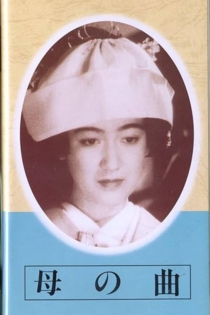
日の果て
Satsuo Yamamoto
Koji Tsuruta, Yasumi Hara
Based on Philippines war experiences. Military doctor Leutenant Hanada deserts with a local girl. The officer in command orders Lieutenant Uji to shoot Hanada. Uji takes a sharpshooter called Takagi and tracks him. At first Uji cannot forgive Hanada but as Uji is isolated from the main force he too starts to think of desertion.
The End of a Day
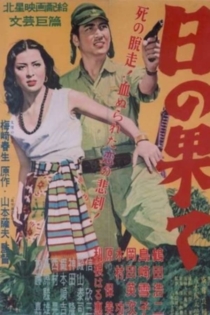
Tale of Japanese Burglars
Satsuo Yamamoto
Rentaro Mikuni, Yūnosuke Itō
Gisuke Hayashida is an illegal dentist during the day and a burglar by night. One night during a burglary he witnesses a train derailment. Some communists are found guilty of causing the incident, but he knows it wasn't them. He can save innocent people but for that he must confess his own crime.
Tale of Japanese Burglars
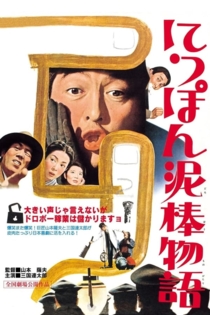
白い巨塔
Satsuo Yamamoto
Jirō Tamiya, Eijirō Tōno
The story contrasts the life of two doctors, former classmates and now both assistant professors at Naniwa University Hospital in Osaka. The brilliant and ambitious surgeon Goro Zaizen stops at nothing to rise to a position of eminence and authority, while the friendly Shuji Satomi busies himself with his patients and research.
The Great White Tower
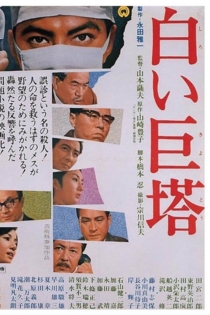
あゝ野麦峠
Satsuo Yamamoto
Shinobu Ōtake, Mieko Harada
The story of the silk industry and the young girls who worked as silk spinners in the early 1900s in Japan. The silk mills were located in Okaya which lies just beyond the Nomugi Pass. The women and girls worked in a hot, humid atmosphere without rest, and endured those conditions and sexual harassment to earn money for their poor families. Across the ocean, it was the great depression in America.
Nomugi Pass
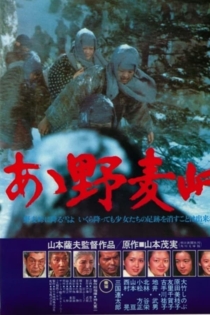
続・忍びの者
Satsuo Yamamoto
Raizō Ichikawa, Shiho Fujimura
[Period covered: 1582-1594]. As the film opens, the warlod Nobunaga Oda rides to Iga Ayanokuni shrine. He is asked if he thinks he has destroyed all the ninja who opposed him and answers that he suspects that there may be more. A servant brings water and tests it first. The paige dies and we hear gunshots as two ninja flee the scene. His suspicions confirmed, Nobunaga oversees the execution of captured ninja and decides that, in the future, he needs a much crueler method of execution. The daimyo Hideyoshi comes to visit.
Shinobi no Mono 2: Vengeance
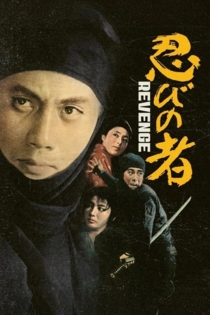
Ninja, a Band of Assassins
Satsuo Yamamoto
Raizō Ichikawa, Yūnosuke Itō
Warlord Oda Nobunaga seeks to unite a fractured Japan. A young man trained in the arts of ninjitsu is manipulated by a ninja master into attempting to assassinate the warlord before he completes his task.
Ninja, a Band of Assassins
